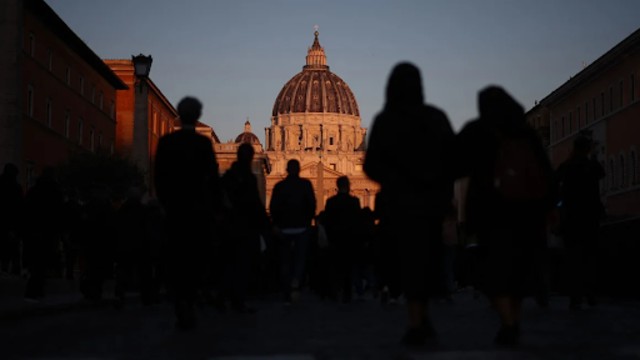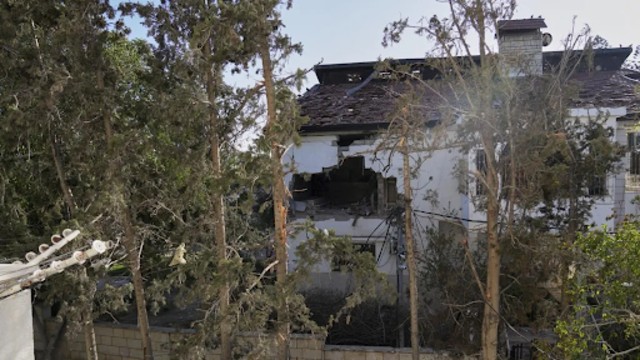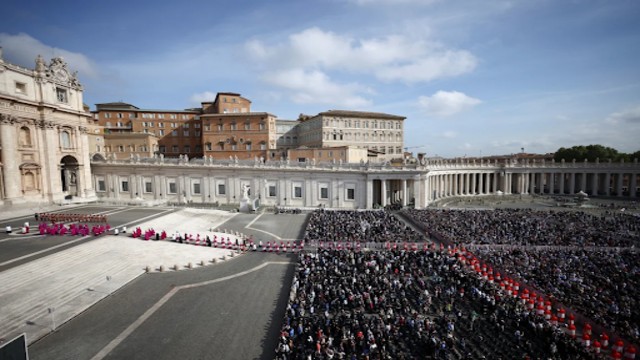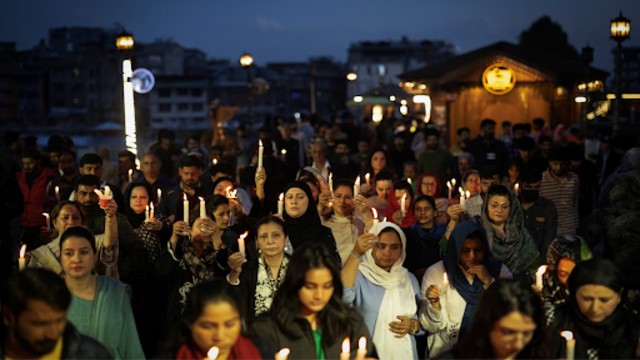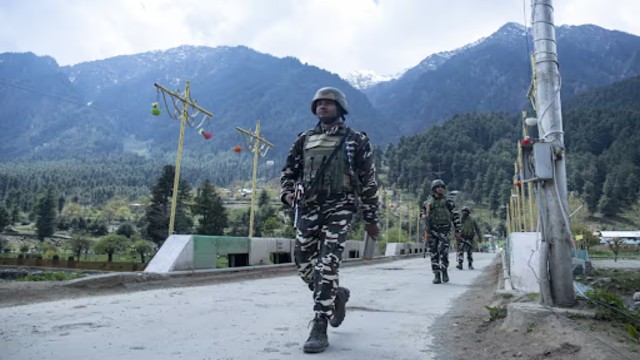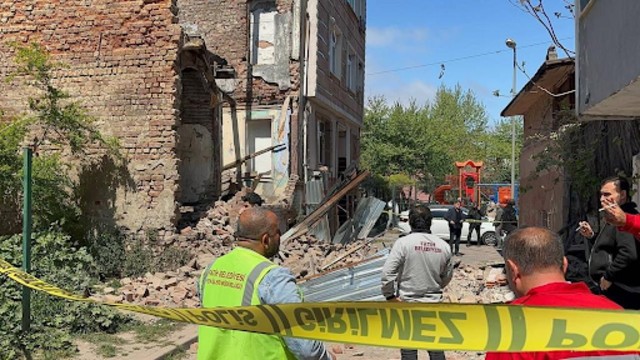
A sign reading "Departure to Syria" is seen at the Masnaa border crossing between Lebanon and Syria, following the ousting of Syrian President Bashar al-Assad by rebel forces, on December 10, 2024. Reuters
Date: December 11, 2024
Source: Reuters
Syrian refugees have begun returning home as the nation enters a new chapter following the civil war that devastated the country for over a decade. This movement coincides with the appointment of Mohammed al-Bashir as the interim prime minister, who announced his leadership with the support of rebel groups that overthrew President Bashar al-Assad.
Bashir, a relatively unknown figure in most of Syria, addressed the nation on Tuesday via state television. He stated he would lead the interim government until March 1, working alongside members of the former Salvation Government and other rebel factions. His speech was accompanied by two symbolic flags: the green, black, and white banner of anti-Assad forces, and a white flag bearing the Islamic oath of faith.
The interim government now faces the enormous task of rebuilding a war-torn nation. The conflict left cities in ruins, displaced millions, and crippled the economy under international sanctions. Refugees, like Ala Jabeer, are cautiously optimistic about returning to their homeland. Jabeer, who fled 13 years ago, expressed hope for a better future. "God willing, things will improve without Assad’s oppression," he said. Jabeer’s return is bittersweet, as he lost his wife and three children in last year’s earthquakes. He hopes to find stability with his remaining daughter in Latakia, where his mother can assist in caring for her.
In Damascus, signs of normalcy have begun to reemerge. Banks and shops reopened on Tuesday, traffic filled the streets, and municipal workers resumed cleaning efforts. The absence of heavily armed personnel created a sense of cautious optimism among the residents.
The United States has expressed cautious support for the rebel-led administration but has emphasized the importance of inclusivity and respecting minority rights. U.S. officials, engaging with rebel leaders, have urged them to form a transitional government rather than assuming sole control. Secretary of State Antony Blinken highlighted the need for humanitarian assistance, minority protection, and ensuring Syria does not become a base for terrorism.
People carry their belongings while trying to cross into Syria at the Masnaa border crossing between Lebanon and Syria, following the removal of Bashar al-Assad by Syrian rebels, on December 10, 2024. Reuters
The U.S. remains wary of Hayat Tahrir al-Sham (HTS), the rebel group leading the transition, due to its origins as an al-Qaeda affiliate. Although HTS has downplayed its jihadist ties, Washington has not yet lifted its designation as a terrorist organization. U.S. officials have also called on HTS to assist in locating missing American journalist Austin Tice, who was abducted in Syria in 2012.
Meanwhile, Israel has conducted airstrikes targeting Syrian army bases, claiming to eliminate strategic weapon stockpiles. Israeli Defense Minister Israel Katz announced the establishment of a "sterile defense zone" in southern Syria. However, the incursion has drawn condemnation from nations including Turkey, Egypt, Qatar, and Saudi Arabia. While Israel insists its actions are temporary, this escalation adds another layer of complexity for Syria’s new administration.
The road ahead for Syria is fraught with challenges. Rebuilding the country and fostering trust among its citizens will require careful governance, international cooperation, and a commitment to peace.


